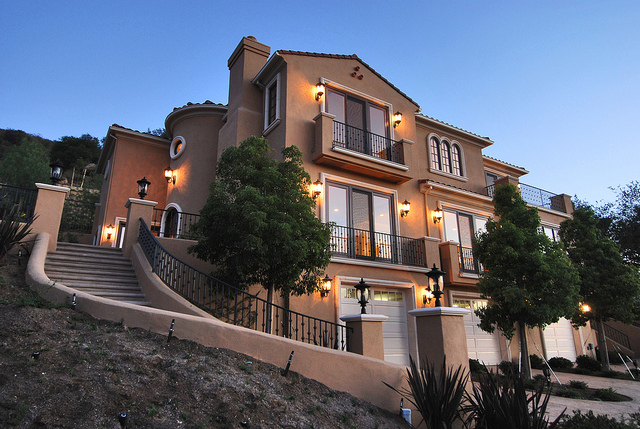It makes sense for a businessman like you to want to invest in real estate in Thailand. For instance, you might want to acquire land to develop into a commercial property for your offices, or to lease it to other businessmen so you can earn extra revenues for your company.
If you’re a local, then that’s not a problem. However, if you’re a foreigner, then you’ll have to take into consideration some aspects especially the legal side of the acquisition. Here are some of the things that you’ll have to bear in mind when investing, as a businessman, on real estate in Thailand.
Foreigners Are Not Allowed to Own Land
By Thai law, foreigners are not permitted to own land in the country. This is a privilege that is reserved only for the locals. Technically, foreigners can only own land if they are married to a Thai, and that part of Thai law dictates that the real estate is bought under the name of the spouse. It doesn’t mean, however, that you have to marry a local to acquire real estate for your company.
Thai law DOES allow foreigner ownership of real estate if it is named under a corporate entity that is doing business in Thailand. This is better suited to your intentions for the property that you want to acquire and develop.
By the way, Thai law also has rules for incorporating a company that is under foreign ownership. You should have board members that are local Thais, and these must have voting power in the company. While it is tempting to use nominal shareholders, take note that the practice is illegal in Thailand.
Foreigners Can Own or Lease Condominiums
Thai law has another exception when it comes to foreign ownership of real estate. The Condominium Act of 1979 states that condominiums can be owned by foreigners legally, provided that the project allocates 60% of its units for Thai homeowners. The remaining 40% can then be sold to interested foreign investors.
If you happened to be interested in a condo unit in a specific project but you found that the 40% allocated for foreign owners have been bought up, you could think about entering a lease contract with a Thai that owns a condo unit in that project.
Leasing will give you nominal ownership of the condo, although it remains in the name of the local. The leasing contract, however, will give you full rights to the condominium, except the right to sell it. You can, however, lease it to other foreigners provided that you have negotiated that with the owner before you sign the lease contract agreement.
To summarize, it is illegal for foreigners to own land in Thailand but only in a personal capacity. If you’re a businessman, there are ways that you can acquire land for commercial purposes in Thailand. Incorporating a business entity and buying land under the name of the business makes the purchase legal.
On the other hand, you can own real estate in a personal capacity by purchasing a condominium unit or by entering into a lease agreement with a Thai condo owner.
If you have questions about property management and investing in Thailand, feel free to contact us. You can reach us through our email address, and through our social media accounts.





